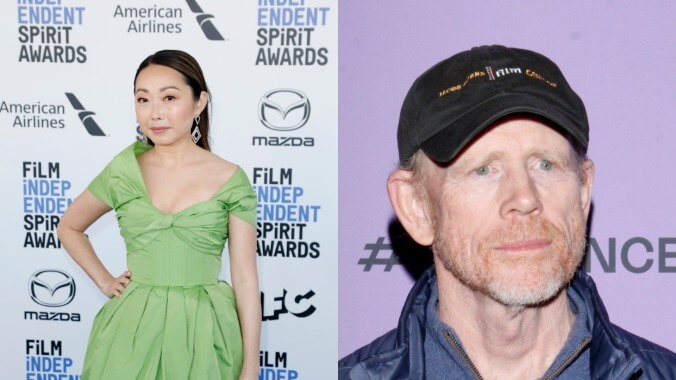Lulu Wang speaks out against tapping Ron Howard as director of pianist Lang Lang's biopic

It was only mere months ago when Hollywood at large claimed it would be better about letting marginalized voices shape their own stories. To its credit, we at least saw some movement in the world of television when multiple animated shows recast their Black characters with Black voice actors. But in the film industry, studios remain almost willfully behind the curve for the sake of working with prolific white male directors. Ron Howard, for instance, recently agreed to direct a biopic about Lang Lang, an accomplished Chinese concert pianist. The film will be based on Lang’s memoir, Journey of a Thousand Miles, for AGC Studios and Image Entertainment. Considering that Lang’s story is heavily impacted by his lived cultural experiences as a Chinese man, a film about his life should ideally include prominent involvement from creators that harbor intimate knowledge of (or, you know, have also lived) that experience. Instead, Howard will direct alongside producer Brian Grazer and Michele Mulroney and Kieran Mulroney, who will pen the screenplay.
Chinese American director, writer, and classically trained pianist Lulu Wang, who won the Independent Spirit Award for her film The Farewell, was one of many who criticized the choice to tap Howard to helm this specific story. On Tuesday, she tweeted the original announcement from The Hollywood Reporter. “As a classically-trained pianist born in China, I believe it’s impossible to tell Lang Lang’s story without an intimate understanding of Chinese culture + the impact of the Cultural Revolution on artists & intellectuals + the effects of Western imperialism,” Wang commented. “Just saying.”
 Keep scrolling for more great stories.
Keep scrolling for more great stories.
